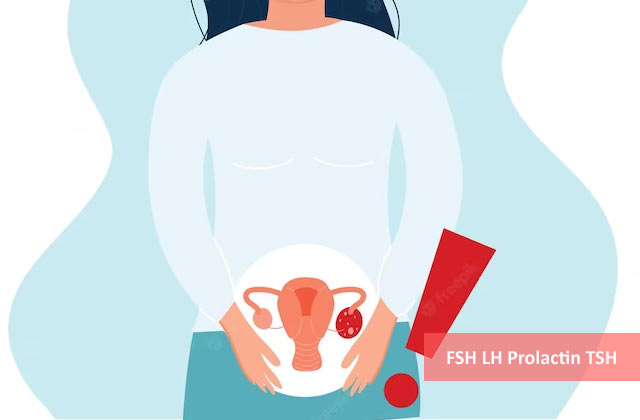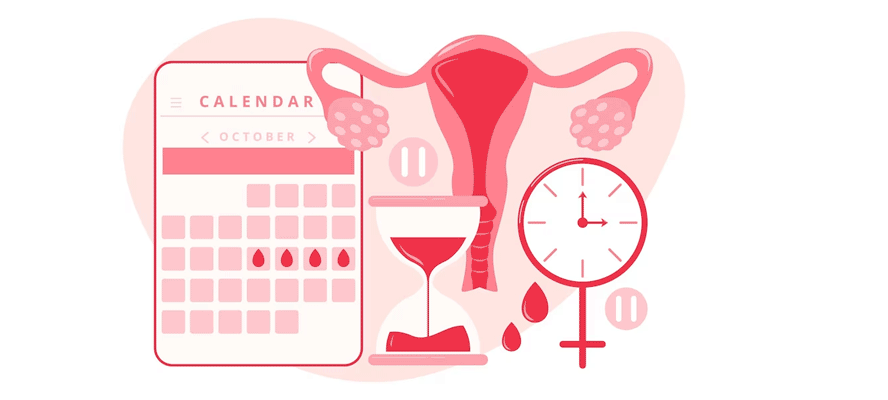The abbreviations FSH, LH, Prolactin, and TSH refer to hormones that play important roles in the regulation of various bodily functions. Here's a brief explanation of each hormone:
- FSH (Follicle-Stimulating Hormone): FSH is produced by the pituitary gland and is involved in the reproductive system. In females, FSH stimulates the growth and maturation of ovarian follicles, which contain eggs. In males, it stimulates the production of sperm in the testes.
- LH (Luteinizing Hormone): LH is also produced by the pituitary gland and works in conjunction with FSH. In females, LH helps trigger ovulation and the formation of the corpus luteum, which produces progesterone. In males, LH stimulates the production of testosterone in the testes.
- Prolactin: Prolactin is a hormone produced by the pituitary gland. Its primary role is to stimulate breast milk production in women after childbirth. It also influences various other functions, including fertility, metabolism, and immune regulation.
- TSH (Thyroid-Stimulating Hormone): TSH is produced by the pituitary gland and regulates the function of the thyroid gland. TSH stimulates the production and release of thyroid hormones, such as thyroxine (T4) and triiodothyronine (T3). These hormones play a crucial role in regulating metabolism, growth, and development.
Testing the levels of FSH, LH, Prolactin, and TSH in the blood can help diagnose various hormonal disorders, assess fertility, evaluate thyroid function, and monitor the effectiveness of treatment in related conditions.



























